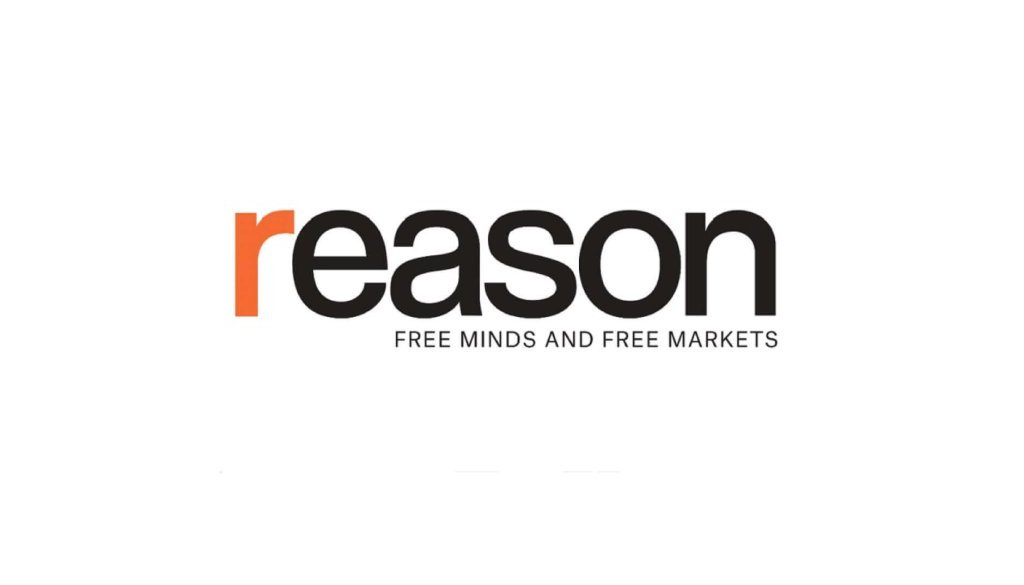Hallucinations in the District of New Jersey
Eugene blogged about Judge Julien Xavier Neals of the U.S. District Court for the District of New Jersey. Judge Neals issued an opinion that included errors, including made-up quotes and incorrect case outcomes. One of the parties submitted a letter pointing out these errors. It seems pretty clear that the Judge, or at least someone in his chambers, used generative AI to create the opinion. (Judge Neals is sixty years old, so I would suspect a law clerk made this error.) The judge promptly withdrew the opinion.
I suppose this particular case is settled, but I would wager there are more orders on Judge Neal’s dockets that have hallucinations. Indeed, I suspect there are many judges throughout the country that have issued opinions with hallucinations. Savvy litigators should start combing through all adverse orders, and try to determine if there are obvious indicia of hallucinations. This will make an excellent grounds for reversal on appeal.
But let’s take a step back. What do we make of a judge who issues an opinion based on made-up cases? To be sure, judges makes mistakes all the time. Moreover, clerks make mistakes that their judges do not catch. When I was clerking, I made a particularly egregious error that my judge did not catch. The non-prevailing party promptly filed a motion for reconsideration. The opinion was withdrawn, and a new opinion was issued. The outcome of the case was not altered by that error, but at least the opinion was corrected.
Still, one might ask how closely Judge Neals, and other judges, review the work of
Article from Reason.com

The Reason Magazine website is a go-to destination for libertarians seeking cogent analysis, investigative reporting, and thought-provoking commentary. Championing the principles of individual freedom, limited government, and free markets, the site offers a diverse range of articles, videos, and podcasts that challenge conventional wisdom and advocate for libertarian solutions. Whether you’re interested in politics, culture, or technology, Reason provides a unique lens that prioritizes liberty and rational discourse. It’s an essential resource for those who value critical thinking and nuanced debate in the pursuit of a freer society.




